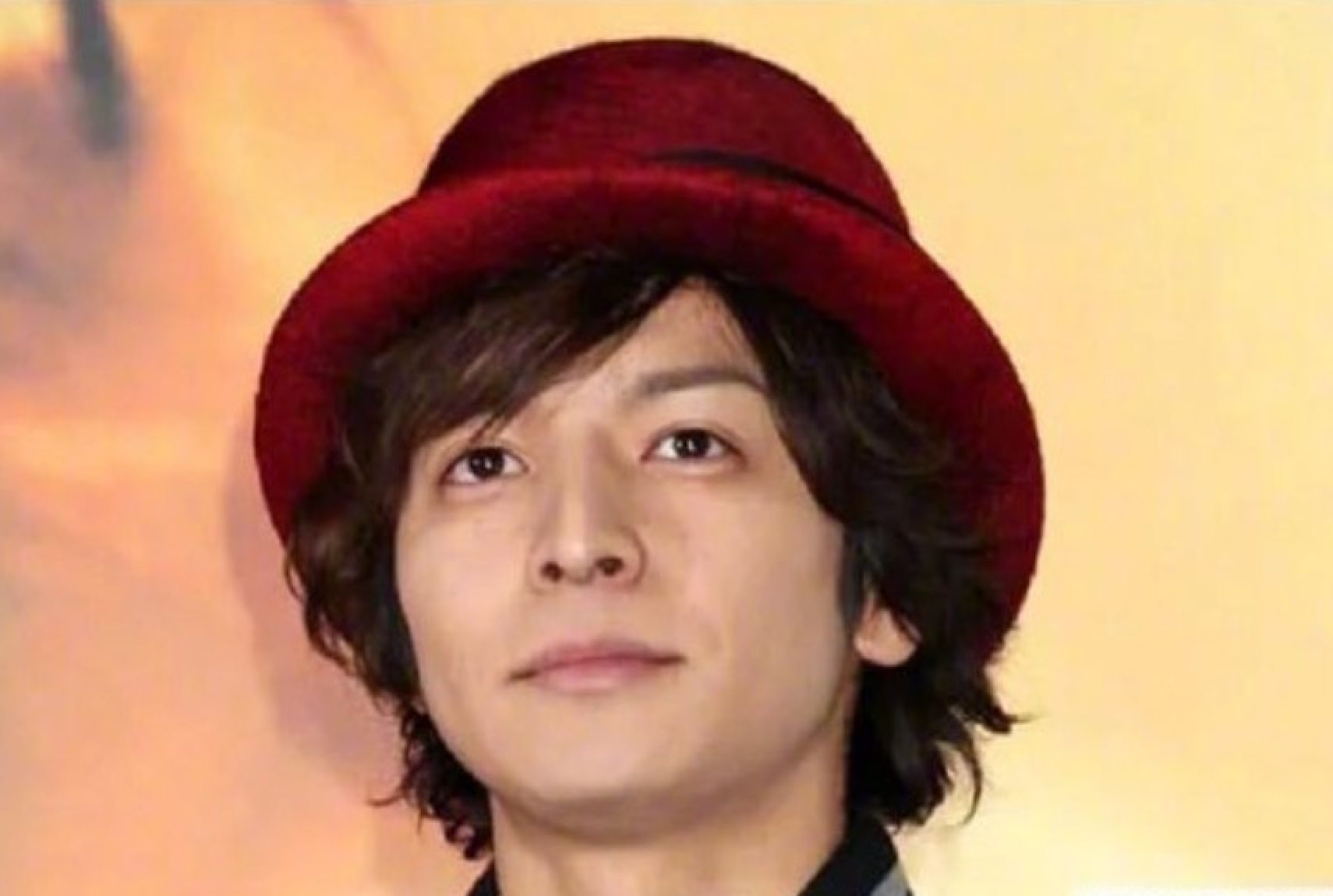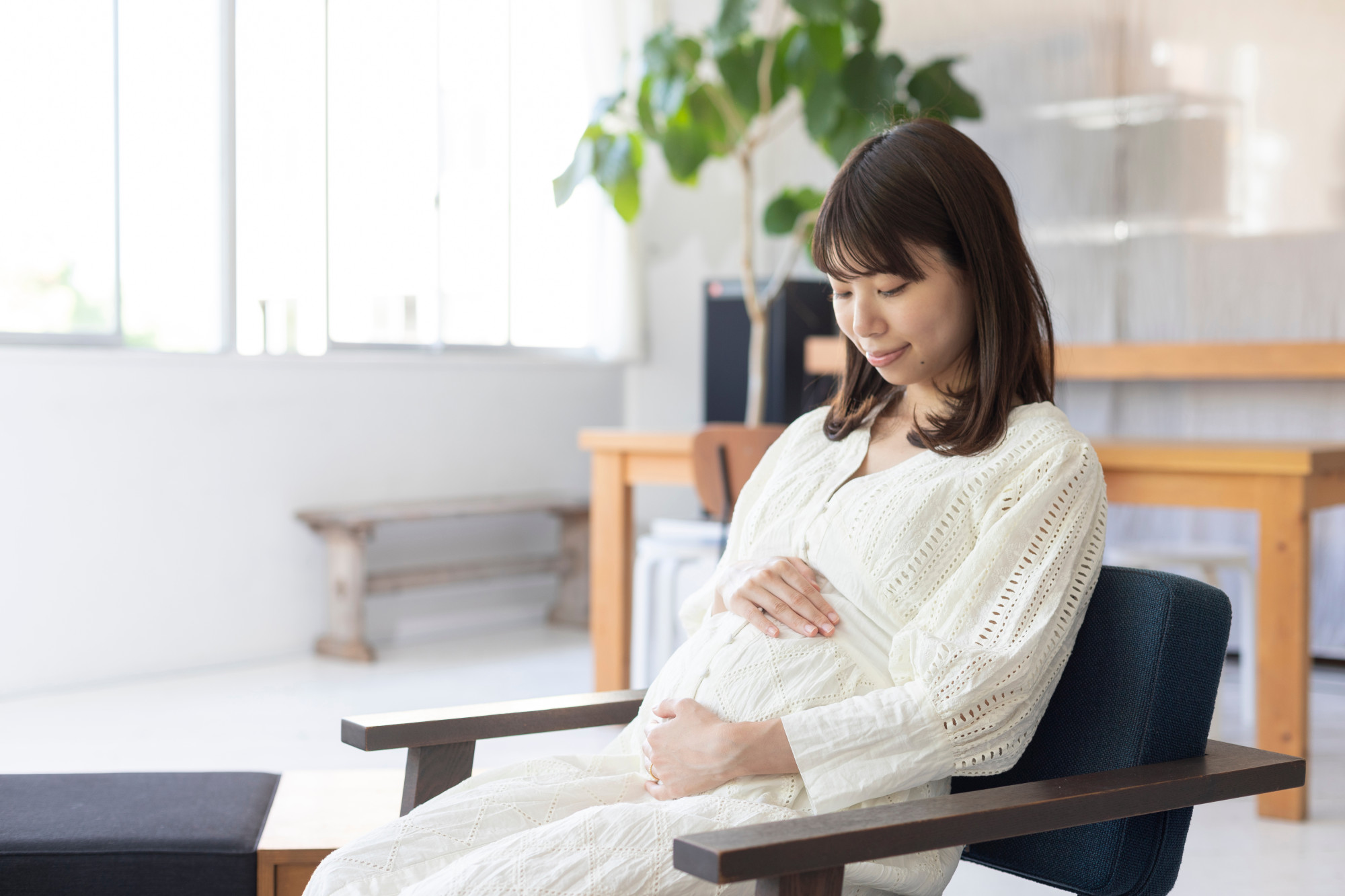
Japanese actor faces online backlash for telling anxious pregnant fan to ‘beg’ husband for pain-free epidural
- Male star of TV dramas advises mother-to-be, infuriates online observers
- Accused of toxic masculinity after comment, apologises for ‘wrong words’
Japanese actor Toma Ikuta has sparked online outrage after telling a heavily pregnant woman to beg her husband for a painless epidural during childbirth.
On May 5, Ikuta, 39, posted the comment on his Instagram account, responding to a fan who was nine months pregnant and who confided that the thought of labour scared her.
The actor is famous in Japan with 1.4 million followers on Instagram. He was one of the top stars of the Smile-Up talent agency, formerly known as Johnny & Associates, before he left the agency last year.
He was known for his appearances in hit Japanese television dramas For You in Full Blossom (2007) and My Story is Long (2019).
His response triggered a backlash among online observers in Japan, who slammed him as a “male chauvinist” and a “bossy husband”.

“I am speechless. Why does a woman need to ‘beg’ her husband for an epidural? The husband is not the one who is going through all the pain to give birth,” one Japanese woman said on X social media platform.
“That he implied women cannot decide how to deliver a child by themselves makes me sick,” said another.
Some also criticised Ikuta’s choice of words.
He used the word “sama” with “husband” in his response, which is used to address people of a higher rank. “Every word of that sentence is condescending,” another person said.
Ikuta and his wife, 29-year-old Japanese actress Nana Seino, have a two-year-old child.
A Japanese online observer said she felt sorry for Seino, as Ikuta “should have related more to the new mother’s predicament since his wife had given birth and was rearing his child”.
Ikuta apologised on Instagram on May 7, saying he meant for the woman to discuss with her family, but he chose the wrong words.
However, many people were not satisfied with his explanation.
The rate of epidural analgesia in labour has been relatively low in Japan compared with other countries, at 8.6 per cent in 2020, according to the Ministry of Health, Labour and Welfare of Japan.
The rate in China is 30 per cent, and in the United States it is 60 per cent.

It is widely believed in Japan that women only become mothers after enduring the pain of labour.
However, in recent years that belief has changed amid rising feminist consciousness and an increase in the average age women are becoming pregnant.
The toxic masculinity that the online community spotted in Ikuta’s speech remains prevalent in Japan and many parts of Asia.
Gender stereotypes continue to exist in many parts of Asia among many men in their attitudes and behaviour, regardless of social progress. Women are commonly treated as inferior.
China ranks 107 out of 146 countries in the World Economic Forum’s Global Gender Gap Report 2023. Japan ranks 125.

